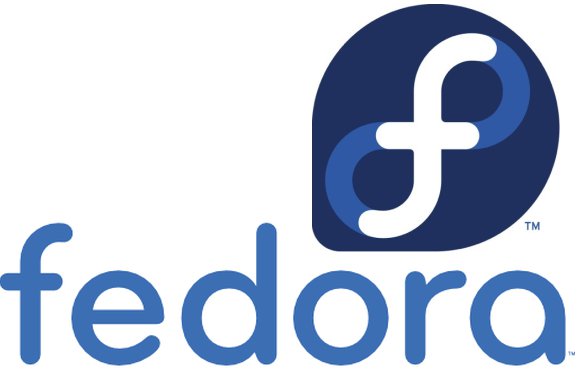Fedora Linux is banned for distribution in the Crimea (and temporarily broken DNS)

Suddenly. Fedora Linux is a fairly popular distribution kit developed by the Fedora Project. It is often called the unstable version of Red Hat Enterprise Linux. On September 5, the export agreement was updated, which added an item prohibiting the export of the distribution to the territory of the Republic of Crimea .
New agreement
By downloading Fedora software, you acknowledge that you understand the following: Fedora software and related technical information may be governed by the United States Export Control Regulations and other laws of the United States and other countries and may not be exported or transferred to countries that are prohibited by export control. USA: at the moment [this] is Cuba, Iran, North Korea, Sudan, Syria and the Crimea region of Ukraine
Source: RBC
')
Original text (thanks to PoliTeX ):
Fedora Export Control Product Matrix
EXPORT COMPLIANCE / CUSTOMS INFORMATION
You must be aware of the following: When you download the Fedora software, you must be aware of the following: United States government regulations (currently Cuba, Iran, North Korea, Sudan, Syria, and the United States government); (b) the US government; or spacers for vehicles, spacers for vehicles, spacecraft, or spacers, or for radioactive systems. You may not be able to download the software. You may not provide any information on these guidelines. There are also technical and technical issues.
Code in binary form are publicly available and are not subject to the EAR in accordance with §742.15 (b)
What about the GPL?
The GNU General Public License basically does not allow such prohibitions, directly indicating the possibility of using the source and modified code for any purpose. However, a distribution kit is more than just a set of programs under free licenses. Moreover, it may contain non-free components. Therefore, there are possible options for arbitrary restrictions on the distribution of the distribution as a whole, but no one has the right to prohibit the collection of all the necessary from the source codes. Correct me if I am wrong.
I am extremely worried about the concept itself when such bans are accepted for projects in the development of which many people participate. I do not exclude that some of the developers who sent their patches can live in the same Crimea. Plus, now there will be another reason to poke a finger into “the wrong foreign Linux” and show “the correct domestic one”, which can be a complete copy-paste with non-dull wallpaper.
PS I would like to know from the hosts from the Crimea whether the repositories are available or they are also blocked by ip-address. Unpleasant incident for free software in fact.
UPD_0
screen_sailor confirms the inaccessibility of the repositories and the site in the Crimea. And I quite suddenly realized that in Krasnodar at Rostelecom, the resource is also unavailable.
UPD_1
amarao made a very substantial comment:
I read the text of the license. It says "acknowledge that you understand all of the following:". I see no prohibitions. Moreover, it also says: "The code is in accordance with §742.15 (b)"
And the work of the US myrrhs is not regulated by the GPL. Kick from European or Russian.
In fact, this is not a direct ban.
UPD_2
Domain started rezolvitsya. The inaccessibility of some providers was most likely related to DNS problems. phprus reported that the problems were related to the broken DNSSEC because of which the invalid responses were rejected by those DNS servers that checked it. So it coincided. Corrected heading.
Source: https://habr.com/ru/post/337290/
All Articles